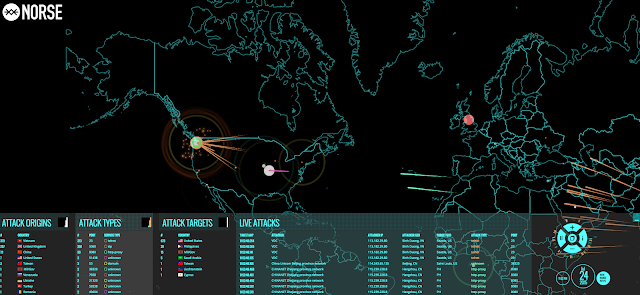Russia hacked the 2016 elections international hacking revenge
Rusiahacked the 2016 elections and is going to do it again. During the 2016 presidential campaign, Russian hackers attacked the U.S. on two fronts. First, there was the psychological. Hackers used classic propaganda techniques to influence American voters: to tell them that that the political system was rigged and to make America’s diversity seem dangerous. They spread their message by buying ads on popular social media platforms, like Facebook and YouTube. They programmed Twitter bots masquerading as real people. Facebook believes that over 125 million Americans may have been exposed to Russian-backed posts during the 2016 campaign. Twitter deactivated nearly 3,000 accounts, it suspected of being Russian trolls. Russian propaganda muddied the waters, and Americans had trouble distinguishing real news from fake news, and legitimate social media accounts from Russian bots. In an age of information overload, Americans found it difficult to be critical consumers. Then there was the technical side. According to American intelligence assessments, Russians broke into Democratic party email servers and gave the information they stole to Wikileaks. American media then reported on these hacks, spreading the information and unwittingly aiding the Russians. Russian hackers also targeted U.S. voting infrastructure in 21 states. Some of this could’ve been easily prevented. If Clinton campaign chair John Podesta knew what a phishing email looked like, he may not have clicked the link that handed over every single one of his emails to the Russians.
 |
| International hacking |
Google alerts the government hackers
Throughout the campaign, many of us reporters got
Google alerts that government backed hackers were trying to hack our email accounts. We learned to put two-factor authentication on our emails and social media accounts, which were also subject to hacking attempts. These are quick and easy fixes, but less than a third of Americans use them. And not nearly enough Americans use encrypted messaging platforms to communicate with each other. Instead they rely on apps that are easier to use— and easier to hack. And while individual states are working to secure their voter information and voting systems, the federal government remains paralyzed and divided. America’s cyber counterintelligence armies sit waiting for a command to go after Russian hackers --a command that many fear will never come. While they might not have swayed a Clinton supporter to vote for Trump, the
Russians were successful in their original aims: to troll American democracy and sow seeds of chaos. To make us doubt our very system of government. Russia’s success revealed America’s weakness: its polarized and toxic political climate. The dissent sown by Russian ads and social media bots did far more damage than any of the compromised servers. The U.S. will only see more of these attacks. With such a feeble response from the United States to past interference, there is little to deter Russia from further meddling. The U.S. faces an unprecedented challenge in defending itself against this psychological cyber warfare. It’s not that the Russians will be back— they haven’t left. And they will only get better; their methods will grow more sophisticated. The American government and the American people need to get serious about cyber security, but it’s more than that. We need to take a hard look at ourselves and our political and social divisions. We don’t have to make the Kremlin’s job any easier.

